As energy consumption and environmental awareness continue to grow, so too does the demand for renewable energy resources. These resources, such as solar and wind power, require special metering solutions. Traditional meters only measure the flow of energy in one direction and are not able to accurately record the amount of energy being generated by the private power generation.
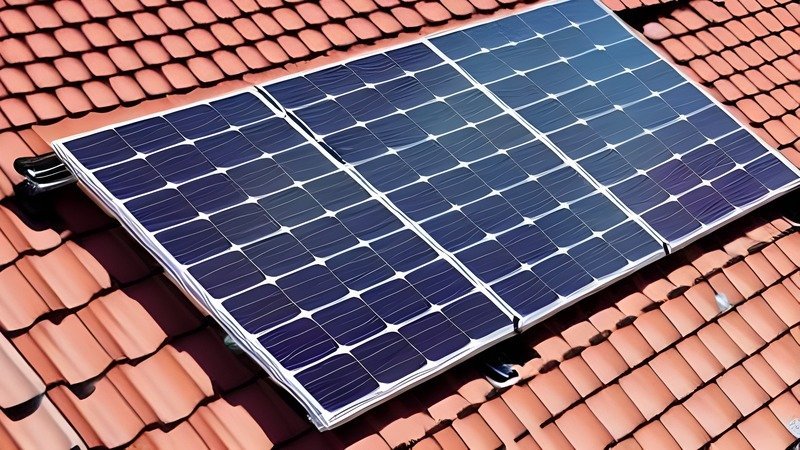
What is a bidirectional meter?
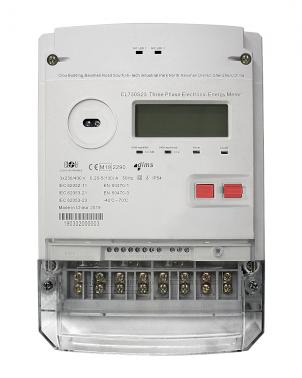
A bidirectional meter is a specialized type of electronic energy meter used to measure the flow of energy in both directions. This makes them ideal for renewable energy applications, such as solar and wind power, which can generate electricity when connected to the grid.
How do bidirectional meters work?
Bidirectional meters use what is called a net meter design. This design allows for the measurement of energy flow in both directions. The energy consumption and generation are measured separately. Bidirectional meters provide separate registers for
- Active energy import (user consumption)
- Active energy export (user generation)
- Reactive energy Quadrant QI
- Reactive energy Quadrant QII
- Reactive energy Quadrant QIII
- Reactive energy Quadrant QIV
Each register has individual OBIS codes. OBIS is the Object identification system, defined in the DLMS/COSEM protocol. It's a unified system for local- or remote meter access. The quadrant definition in DLMS is according to IEC 62053-23.
The benefits of bidirectional meters
They offer a number of benefits for both the user and the power company. For the user, bidirectional meters offer the ability to monitor their power usage in real time. This allows them to make informed choices about their power usage and can help them save money. For the power company, bidirectional meters offer the ability to more accurately bill the user for the power usage.
For a real net-metering in Europe, some trials are on the way, but it's questionable, who covers the operational grid costs. Other countries have different regulations.
According to the Renewable Energy Act in e.g. the USA or the Philippines, its Implementing Rules and Regulations, and the Energy Regulation Commission's net metering recommendations, electric utilities must only bill their customers for the kWh difference (or net) between their usage and any solar excess they export to the grid. So, a solar owner may use the excess solar production throughout the day to balance off an equivalent amount of evening consumption.
Takeaway
A bidirectional energy meter can record energy usage, monitor power generation, and estimate the cost of energy. The meter allows for more flexibility and information in electrical usage. Different countries have varying net metering laws.
Do not hesitate to get in touch with us if you have any related questions for metering or testing.
Editor's note: This article was originally published in November 2022 and has been updated for comprehensiveness.
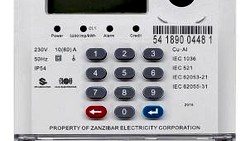
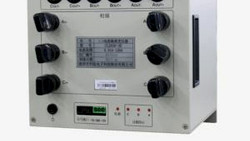

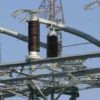

Thank you so much for the information! Looking forward to more such articles. Also read our article
https://revaalolabs.com/post/benefits-of-using-btu-meters-in-hvac-systems
Nagaraj, thank you for taking the time to read and provide your thoughtful feedback. We greatly appreciate it. Your product for monitoring heating and cooling systems is impressive, and I believe the link you shared will be extremely valuable for our readers who are seeking HVAC solutions. If you haven't already, I encourage you to consider signing up for our weekly newsletter. It's a fantastic way to stay updated on the latest industry news and developments in the metering segment.
Please give me the full cost of installing a bidirectional Metering system to my existing solar system. Thanks
Thank you for your inquiry. It is important to note that the provision of the meter and installation is the responsibility of your local energy supply company. Additionally, they are also responsible for offering a related net-metering contract. I would recommend reaching out to them directly for more information on this matter. They will be able to provide you with the most accurate and up-to-date information regarding the installation process and any associated contracts.
Hello – Are bi-directional (net) meters allowed in the UK and would I need a battery, as I understand it storage would not be necessary. Thanks
Hello John, thank you for your question. Bidirectional meters are definitely allowed, as they provide useful additional information about your import/export. For net-metering, some utilities offer this possibility. In this case, you'll get only a fraction of your price per unit, when you export power. Most utilities still don't give a refund. So, many end customers decide to store their over-produced energy locally rather than to gift this to the power company. By having the export data from the bidirectional meter, you can learn whether a battery storage is reasonable.
Hello,
We are interested in your Bi directional smart meters (CL730S23) for the market of Angola. Could you please offer price and delivery lead time information.
Regards, Angela
Hi Angela, our sales of Angola market will contact to you via his email. Best regards, Irene
I'm very Intrested in this. I'm looking at proposing this kind of system to my provider. I would like to know more about this system and also would like to have a source for the bi-directional meters, reliable solar panels and batteries including other relevant equipment needed for this setup to work.
Thank you for your interest. We come back to you by email.